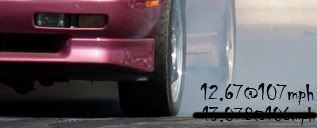Originally posted by SappySE107
View Post
kinda sucks seems like all these foreign countries get boned on import charges and whatever they feel like tacking on.







Comment